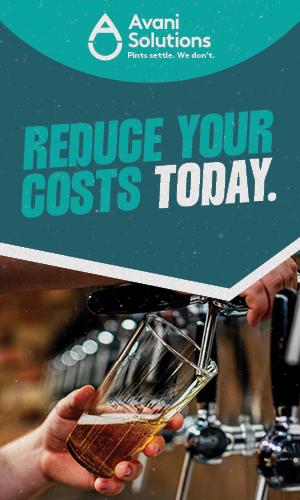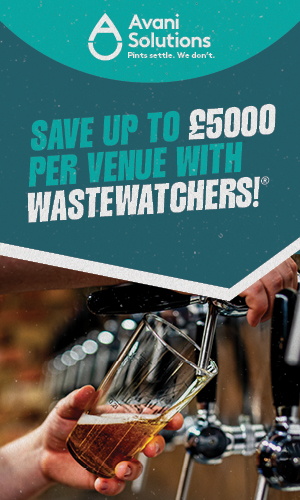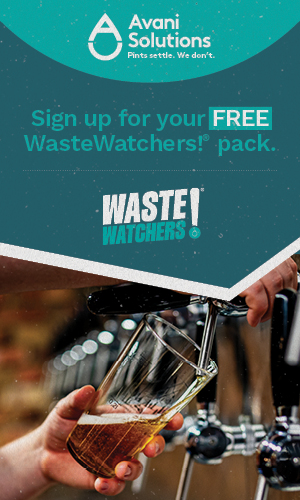MARKS & Spencer, Waitrose and Coop Group (Switzerland) have been given top marks in a global annual farm animal welfare Business Benchmark report, with Burger King, Mars and Müller among 21 companies languishing at the bottom of the league table.
Now in its third year, the Business Benchmark on Farm Animal Welfare (BBFAW) provides an annual review of how the world’s leading food companies are managing and reporting their farm animal welfare practices. In total, 80 companies were assessed according to their published information and ranked from Tier 1 (indicating companies that are taking a leadership position), down to Tier 6 (where animal welfare does not appear to be on the business agenda).
The report, which is compiled in collaboration with leading farm animal welfare organisations, Compassion in World Farming and World Animal Protection, and with support from Coller Capital, reveals an encouraging 45 per cent (29) of the 65 companies assessed since the first report in 2012 have moved up at least one tier.
However, despite the overall progress made since 2012, farm animal welfare remains an immature business issue, with half of the 80 companies assessed in 2014 appearing in the bottom two tiers (Tiers 5 and 6), indicating that farm animal welfare is not receiving anything like the same management attention as other corporate responsibility issues.
Key themes in the report include:
- With 24 companies in the top three tiers, there is a growing number of leadership companies in the Benchmark spread across industry sectors and countries. These companies have made strong commitments to farm animal welfare, have well developed management systems and processes, and have a clear focus on farm animal welfare performance measures.
- However the restaurants and bars sector continues to lag behind food retailers and producers. Within the sector, there is a clear divergence between companies that are public facing and those that are business-to-business. For example, sandwich store Subway and fast food chain Wendy’s appear in Tier 3 while Gategroup Holding, Olav Thon Gruppen, SSP Group Limited, and Umoe Gruppen all appear in Tier 6 and Compass Group and Elior are in Tier 5.
- The 18 UK companies perform relatively well, representing 9 of the 24 companies in the top 3 tiers.
- Some of the strongest performing companies in the Benchmark are in the US, with McDonald’s in particular showing leadership in its approach to managing and reporting on farm animal welfare. Nevertheless, many US-based food service companies, including Domino’s Pizza, Starbucks and Burger King, appear in Tiers 5 and 6, indicating that these companies have yet to establish robust systems and processes for managing and reporting on farm animal welfare.
- Food producers in emerging markets are similar to, if not better than, their peers in the developed markets. In fact, the world’s largest meat producers – BRF, JBS and Marfrig in South America, and WH Group (which owns Smithfield Foods) in China, all appear in Tiers 3 and 4.
- Some discount retailers have begun to address higher farm animal welfare in their supply chains. For example, Lidl sells a plant-based alternative to foie gras and uses a cage-free housing system for rabbits in Belgium.
- Key welfare issues (i.e. close confinement and long distance live transportation) remain under-reported, with the majority of companies having no clearly stated position on their commitments in relation to these issues. Fish welfare (introduced to the 2014 Benchmark scope) is also universally under-reported.
- Food scares such as the horsemeat scandal have not only forced companies to look more closely at issues such as food provenance, traceability and quality, but has also led to them becoming more transparent on the management of their supply chains. For example, 28 (35 per cent compared to 15 per cent in 2012) of the companies assessed now include farm animal welfare in supplier conditions.
Programme Director, Nicky Amos, observed: “It’s encouraging that 84% of companies covered by our assessment acknowledge farm animal welfare as a business issue, and that 64% of companies have published farm animal welfare policies. This suggests that companies are starting to respond to the growing interest being paid to the food industry on this issue. However, with an average overall score of 30%, and 40 of the 80 companies appearing in the lowest two tiers of the Benchmark, it is evident that farm animal welfare remains an immature business issue.”
Malcolm Copland, Commercial Director, Greggs comments: “Greggs works hard to retain its status as a much loved and trusted brand by demonstrating that it is a responsible company. Avoiding the exploitation of animals is consistent with not only our company values but our desire to meet consumers’ rising expectations in terms of farm animal welfare – the Business Benchmark provides us with a practical and respected framework, against which we can assess the progress that we have made and identify areas for improvement, ultimately driving positive change within the business.”










